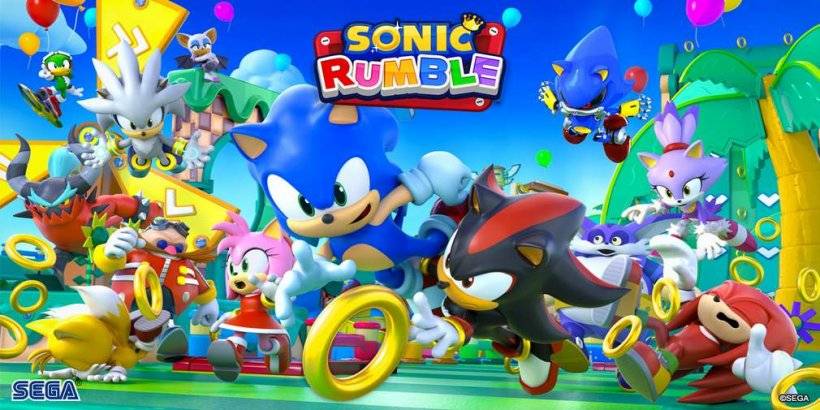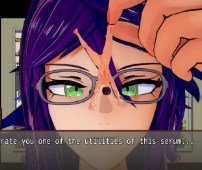
Yasuhiro Anpo, the director behind the remakes of Resident Evil 2 and Resident Evil 4, shared that the decision to revamp the second installment stemmed from the overwhelming fan interest in reviving the iconic 1998 game. Anpo stated, "We realized: people really want this to happen." This prompted producer Hirabayashi to decisively say, "Alright, we'll do it."
Initially, the team contemplated starting with Resident Evil 4. However, after thorough discussions, they recognized that RE4 was already highly acclaimed and nearly perfect. Altering it posed significant risks. Consequently, the focus shifted to the earlier game in the series, which required a substantial update. To align with fan expectations, the developers also examined fan projects for insights into what players desired.
Yet, doubts were not confined to Capcom alone. Even after the successful launches of two remakes and the announcement of another, fans voiced concerns that Resident Evil 4, unlike its predecessors, did not require as much of an overhaul.
While Resident Evil 2 and Resident Evil 3, originally released in the 1990s on the PlayStation, featured outdated mechanics such as fixed camera angles and cumbersome controls, RE4 had revolutionized the genre upon its 2005 release. Despite initial skepticism, the remake of RE4 managed to retain the essence of the original while enhancing gameplay and narrative elements.
The commercial triumphs and glowing reviews of these remakes affirmed Capcom's strategic direction. They demonstrated that even a game considered nearly sacrosanct could be reimagined with reverence for its origins and a fresh creative vision.








